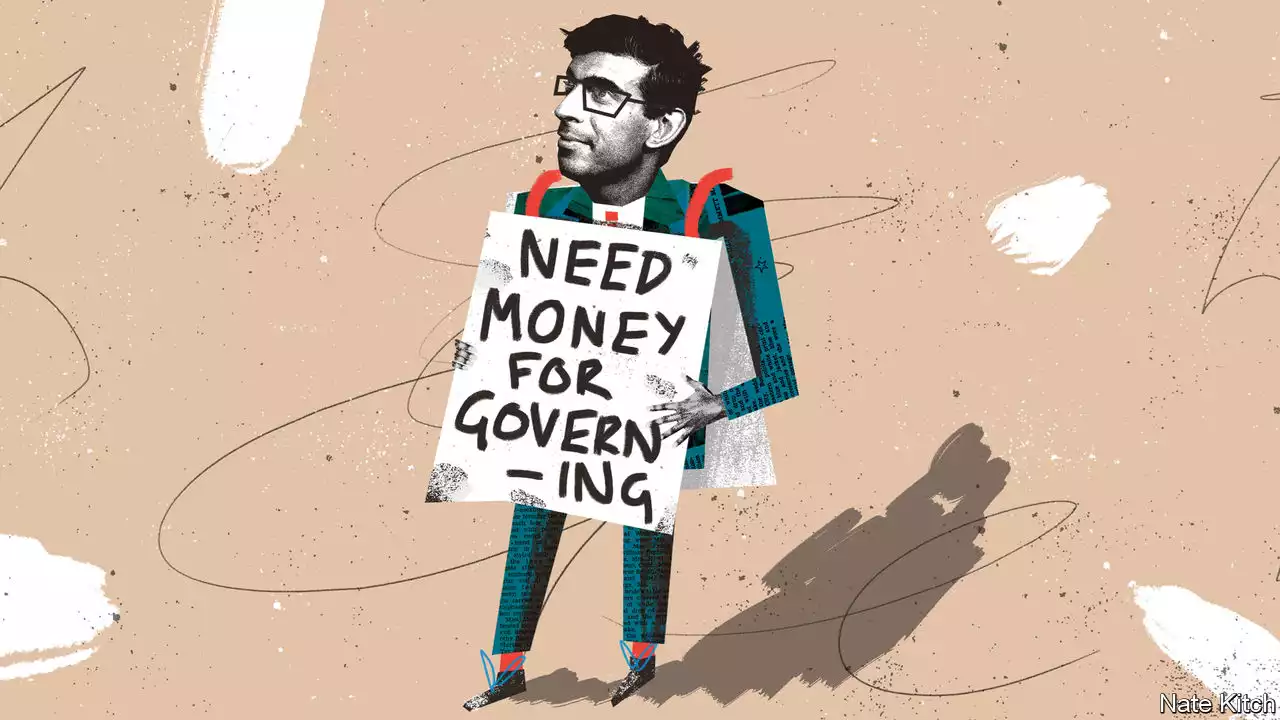Zimbabwe’s education system was once the envy of the continent. But under the ruling party, schools have fallen to pieces. Most have businesses of some sort. Without them schools would collapse entirely
through venal misrule. High inflation has eroded the value of teachers’ salaries. The rise in local prices from 2019 to 2020 meant that the education budget, nearly all of which goes on salaries, fell by more than half when measured in American dollars, the only currency trusted by Zimbabweans all too familiar with hyperinflation.
A teacher at another rural school says that her salary is worth the equivalent of $107 a month, down from $500 a few years ago. She says that some teachers who depend on taxis to get to school travel in the boot of the vehicle, as that costs half of a normal fare. An education official from a rural district admits that teachers can no longer afford to send their own children to school, before adding that salaries are less than what it would cost to buy bread for a family for a month.
Desperate teachers have resorted to a practice euphemistically known as “extra lessons”: they only teach children whose parents pay them an extra fee. At another rural school teachers have taken a group of these fee-paying children out of their classroom to be taught under a tree. The poorer pupils are left unsupervised. This neglect makes things worse for destitute kids. More than a quarter of school-age children do not attend class because their parents cannot afford the official charges.
Chinyika High School’s enterprising initiatives allowed it to build new classrooms and buy textbooks. Though its efforts are laudable, they are hardly the basis for a functioning education system. Often the means to get schemes off the ground come from politicians eager to be seen to be doling out patronage. The first 1,000 of Chinkyika’s chicks were donated by the local. Yet “there isn’t enough patronage for everyone,” says Obert Masaraure, the president of the teachers’ union.
Ahead of elections later this year Emmerson Mnangagwa, the president, has pledged again that primary education will be free. But Zimbabweans have learned their lessons. They know that, when it comes to schooling, his government has only a poultry offering.This article appeared in the Middle East & Africa section of the print edition under the headline"Cluck-cluck economics"
United Kingdom Latest News, United Kingdom Headlines
Similar News:You can also read news stories similar to this one that we have collected from other news sources.
 Why pointing fingers is unhelpfulBosses are the most visible people in a firm; when they point fingers, others will, too. If your company has a blame culture, the fault lies there
Why pointing fingers is unhelpfulBosses are the most visible people in a firm; when they point fingers, others will, too. If your company has a blame culture, the fault lies there
Read more »
 I love pretending to be an NPC in gamesCall it a reverse Turing test: rather than AI trying to appear indistinguishable from a human, it's a human trying to act like an AI.
I love pretending to be an NPC in gamesCall it a reverse Turing test: rather than AI trying to appear indistinguishable from a human, it's a human trying to act like an AI.
Read more »
 British politics needs more moneyWestminster operates on a shoestring. Being cheap comes at a high cost
British politics needs more moneyWestminster operates on a shoestring. Being cheap comes at a high cost
Read more »
 Why dramatic drop in Covid cases doesn't mean the pandemic is overThe sharp decline in Covid cases this month has come as a surprise to experts 🔴 However, they warn that Covid is far from over - with cases still high compared to the start of the pandemic
Why dramatic drop in Covid cases doesn't mean the pandemic is overThe sharp decline in Covid cases this month has come as a surprise to experts 🔴 However, they warn that Covid is far from over - with cases still high compared to the start of the pandemic
Read more »
 After 14 years, Risen is back—I decided to find out whyThe re-release adds Steam Deck and gamepad support—and it's surprisingly revealing about how THQ Nordic sees its older games.
After 14 years, Risen is back—I decided to find out whyThe re-release adds Steam Deck and gamepad support—and it's surprisingly revealing about how THQ Nordic sees its older games.
Read more »
 Why are people spamming Jenna Ortega about the Percy Hynes allegations?It's an understandable response to warn a friend if you believe they're in danger. But is Jenna Ortega actually your friend?
Why are people spamming Jenna Ortega about the Percy Hynes allegations?It's an understandable response to warn a friend if you believe they're in danger. But is Jenna Ortega actually your friend?
Read more »
